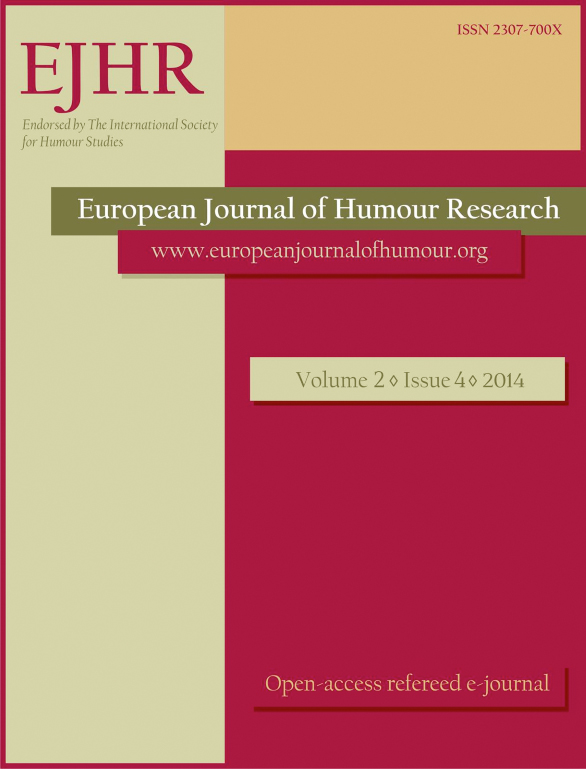Breaking the mainstream mold:
Breaking the mainstream mold:
The birth of a local political cartoonist in post-3.11 Japan
Author(s): Ronald StewartSubject(s): Social Sciences, Language and Literature Studies, Media studies, Theoretical Linguistics, Applied Linguistics, Communication studies, Pragmatics, Sociolinguistics
Published by: Krakowskie Towarzystwo Popularyzowania Wiedzy o Komunikacji Językowej Tertium
Keywords: political cartoons; newspaper cartoons; satire; Japan; Fukushima; disaster; earthquake; tsunami; nuclear accident; 3.11;
Summary/Abstract: This paper introduces the Disaster Picture-Diary political cartoons of Asakura Yūzō which appear in the Japanese regional newspaper Fukushima Minpō. After the so-called 3.11 disaster’s triple blow of earthquake, tsunami, and multiple nuclear reactor meltdowns in 2011, intense public and media interest and debates erupted over: how to help the victims; how to rebuild; what to do about the ongoing nuclear problem; and what should be the future of direction the nation. Yet, cartoonists in national daily newspapers failed to get involved in much of this debate. They basically continued on as they had done before the disaster merely lightly mocking politicians, their eyes closed to wider problems. In contrast, Asakura’s cartoons which began in the wake of 3.11 in the disaster affected region, broke away from this mainstream form of cartoon discourse to comment on a much greater variety of post-3.11 issues using a much more diverse range of drawing styles. In this sense, though still seemingly restrained to an outside observer from a country with a more aggressive satirical cartooning, for Asakura it is definitely a case of “anything goes”. This paper gives an overview of the disaster, and mainstream political cartooning before and after 3.11. It then introduces examples of Asakura’s Disaster Picture-Diary political cartoons, contrasting them with mainstream national cartoons to underscore how his work differs. In concluding, a number of reasons for these differences are provisionally forwarded.
Journal: The European Journal of Humour Research
- Issue Year: 2/2014
- Issue No: 4
- Page Range: 74-94
- Page Count: 21
- Language: English

